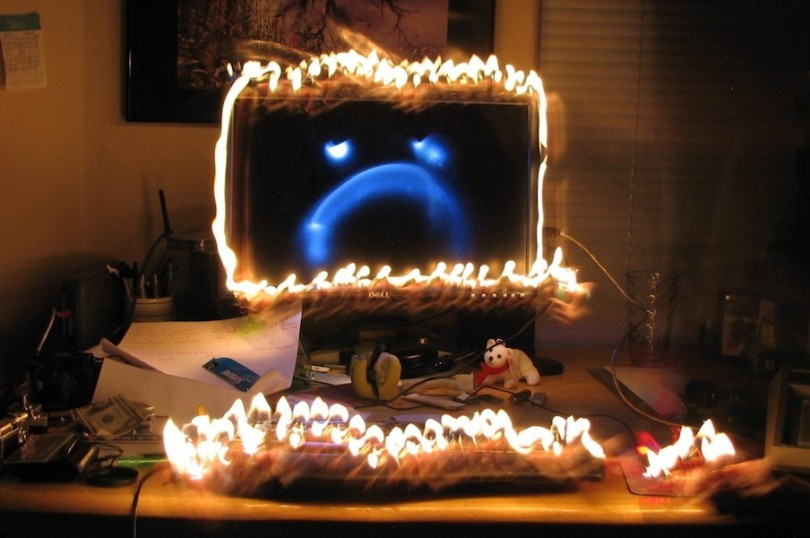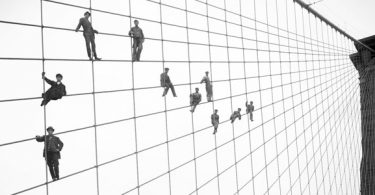Web We Want’s newsletter highlights one important topic every week and tells you what you need to know in 3 minutes or less.
Do we avoid the Web because it’s broken? We love when the Facebook app loads articles instantly, and when Google answers queries without making us click to slow websites. We’re happy for search engines to predict what we want so we don’t have to poke around the Web.
The Web is growing and there are now 1 billion websites in the world. But around 75% of them are inactive, and most of the remaining 25% are rarely visited by humans. Were they even made by humans?
We treat the Web like our oceans, which are now so polluted by plastic that we have gigantic floating “garbage patches”. In this ocean, think of Facebook as the beach resort where you go with your family on an all-inclusive holiday. And Twitter is the cruise ship that sails you around the world but doesn’t encourage you to step ashore. Ahoy!
That’s not the World Wide Web we believe more than half of the world still needs to get connected to.
The Web that drives economic progress and knowledge, is the one where anyone can create websites to share culture and information. It’s the Web where new businesses bloom, where government transparency is a reality, and where citizens document injustice. It’s the Web that offers free choice between all websites, where demand is high because the Internet is affordable, and sites aren’t full of garbage.
Who’s Doing Something?
The Web is not beyond saving, but we need to nurture the best parts so they don’t drown out. Anyone who explores the Web and supports good websites with their views, subscriptions or content is contributing.
Open education initiatives make advanced learning a possibility for all people. Efforts by Mozilla and others to teach coding and Web literacy helps spread awareness that the Web is really ours to use and improve.
Regardless of where you land on the divisive issue of “zero rating” offers like Facebook Basics, securing net neutrality in all countries is crucial to keeping the Web open. Such principles have been applied to law in India, Brazil, Europe, the USA and elsewhere.
Volunteers of Wikipedia in nearly 300 languages greatly enrich the Web with all manner of information on scientific, historical and current affairs.
What Should I Do?
- Rediscover the beauty of the Web by trying alternative search engines that don’t track you, clicking on links, and visiting new websites.
- Share your knowledge on your own website, in forums or Wikipedia, or translate information to your language.
- Teach others how to use the Web (not just social media) so they understand the true value of an open network.
- Defend the right of every person to see every part of the Web. Support net neutrality worldwide and in your own country.
- Stand up for faster, more affordable Internet for all with Alliance for Affordable Internet (A4AI), Web We Want and our new #FASTAfrica campaign.



[…] Did We Kill The Web? […]
[…] DC (WWW) – Do we avoid the Web because it’s broken? We love when the Facebook app loads articles […]
[…] Read Solana Larsen’s article here: ‘Did we kill the web‘ […]